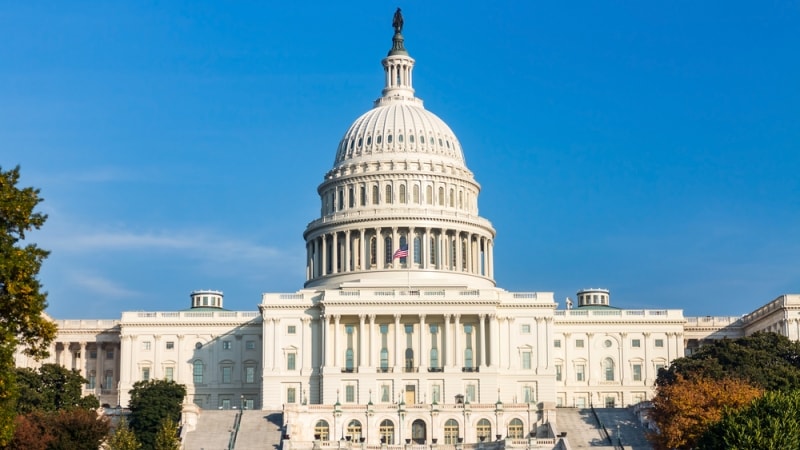
A gaggle of tech and communications sector bellwethers presented a united front today at a Senate Commerce, Science, and Transportation Committee hearing on data privacy and protection issues, saying they support a bill to address those issues but sharing strong preferences for federal legislation that would preempt state law and appoint the Federal Trade Commission as the chief watchdog.
Representatives from AT&T, Amazon, Apple, Charter, Google, and Twitter told committee members they all support a framework that includes data portability, individual access to collected data, and transparency on the data being collected. They discussed relatively minor differences on other issues such as consumer opt-in and opt-out policies, but all agreed that a data privacy framework should be applied uniformly across the tech industry and should be enforced by the FTC.
“Privacy is about putting the user in control of their data, and living in a world where your decisions are respected,” said Guy Tribble, vice president of software technology at Apple.
Privacy and data protection regulations enacted in Europe and California – and regarded by some observers are more pro-consumer than industry wants – remained top of mind at today’s hearing.
Sen. Brian Schatz, D-Hawaii, said that “we’re here because” of California’s recently passed Consumer Privacy Act, which will go into effect in 2020, and the European Union’s General Data Protection Regulation. And he asserted that while the “holy grail” for industry in the federal-level privacy debate is securing preemption of state laws, he pledged that “we won’t replace a progressive California law with a non-progressive Federal law.”
To that point, Keith Enright, chief privacy officer at Google, said his company was spending a lot of money and “hundreds of years of human time” to comply with the GDPR.
Sen. Bill Nelson, D-Fla., ranking member of the committee, noted that currently, the FTC can only take action against companies that violate their own terms of service, which he said acts to hamper Federal enforcement. Nelson brought up the possibility of increasing the FTC’s resources, which won support from all of the industry witnesses.
However, when Nelson brought up the possibility of giving the FTC more authorities to act, industry representatives were loath to agree and instead emphasized concerns about unfettered discretion for the agency.
Sen. Richard Blumenthal, D-Conn., took the witnesses to task by asking if they thought all Americans deserve less privacy than Europeans or Californians. “Why should we not simply adopt the standards from California,” he asked, and said that question would “linger beyond the hearing.”
“The question is no longer whether we need a Federal law to protect consumers’ privacy. The question is what shape that law should take,” said Sen. John Thune, R-S.D., the committee’s chairman.
